Description
Pakistan: Government and Politics by Verinder Grover is an insightful and comprehensive exploration of the political landscape and governing structures of Pakistan. As a country that has undergone significant political transformations since its inception in 1947, understanding Pakistan’s governmental system is crucial for comprehending its social, economic, and cultural dynamics. In this book, Grover provides a detailed analysis of Pakistan’s political institutions, electoral processes, major political parties, and key policy issues, shedding light on the challenges and opportunities faced by the nation. With its well-researched content and nuanced perspectives, this book offers a valuable resource for scholars, students, and anyone interested in the political affairs of Pakistan.
In Pakistan: Government and Politics, Grover begin by providing an overview of the historical background that shaped Pakistan’s political system. He traces the origins of the country’s government from the partition of British India, highlighting the influences of Islamic ideology, colonial legacies, and regional disparities. The book then delves into the structures and functions of the Pakistani state, examining its federal nature, the role of the president, prime minister, and parliament, as well as the judicial system. Grover also analyzes the complex relationship between civil and military authorities, exploring the historical interplay and power dynamics between these two crucial pillars of Pakistan’s governance.
Furthermore, the author explores the electoral process in Pakistan, discussing the evolution of the country’s electoral system and the challenges it faces, such as voter registration, fairness, and transparency. He examines the major political parties and their ideologies, highlighting their strengths and weaknesses, and how they shape the political landscape. The book also delves into key policy areas, including foreign relations, security, economy, education, and social issues, offering a comprehensive understanding of the political challenges and policy debates within Pakistan.
Grover’s analysis of Pakistan’s government and politics is meticulous and comprehensive, providing readers with a thorough understanding of the subject matter. The author demonstrates a deep knowledge of Pakistan’s history, political institutions, and policy landscape, and his research is supported by a wealth of credible sources. His approach is balanced and objective, presenting different perspectives on contentious issues and avoiding bias or favouritism towards any particular political group.
The book is well-structured, with each chapter focusing on a specific aspect of Pakistan’s government and politics. Grover’s writing is clear and accessible, making complex concepts understandable for readers who may be unfamiliar with the topic. Moreover, he employs a combination of qualitative and quantitative data, infographics, and case studies to illustrate his arguments effectively. This multifaceted approach enhances the reader’s comprehension and provides a more comprehensive view of the subject matter.
In comparison to other books on Pakistan’s government and politics, Grover’s work stands out for its comprehensive scope and balanced analysis. While some existing publications may focus on specific periods or aspects of Pakistan’s political history, this book offers a holistic and up-to-date account of the country’s political landscape. Grover explores both the formal structures of government and the informal power dynamics, providing a nuanced understanding of Pakistan’s governance. His comparative analysis of political parties and their ideologies enriches the readers’ comprehension of the Pakistani political landscape.
Throughout Pakistan: Government and Politics, Grover explore several recurring themes that shape the understanding of the country’s political dynamics. One central theme is the delicate balance between democracy and military influence in Pakistan. The author highlights the historical dominance of the military in political affairs and its impact on democratic processes. Another significant theme is the regional and ethnic diversity within Pakistan, which affects political representation, policy priorities, and interprovincial relations. Grover also explores the role of religion in politics, analyzing the influence of Islamic ideology and the rise of religious parties in shaping Pakistan’s policies and governance.
As a book focused on government and politics, Pakistan: Government and Politics do not delve deeply into individual characters or provide extensive characterization. However, Grover provides insights into the key political figures who have shaped Pakistan’s political landscape, including political leaders, military generals, and influential intellectuals. His analysis of their roles, actions, and ideologies adds depth and context to the broader narrative.
About the Author:
Verinder Grover, the author of Pakistan: Government and Politics, is a renowned scholar specializing in South Asian politics. With several published works on the region, Grover brings a wealth of knowledge and expertise to this book. He has extensively researched and taught various aspects of Pakistani politics, contributing significantly to the academic discourse on the subject. Grover’s background as a political scientist is evident in the meticulous research, analytical rigour, and balanced perspective that characterize his writing.
Grover’s writing style is engaging and accessible, making complex political concepts understandable for a wide range of readers. His prose is clear and concise, avoiding unnecessary jargon and providing explanations where needed. The author strikes a balance between academic rigour and readability, ensuring that the book appeals to both scholars and general readers interested in Pakistan’s political landscape. Grover’s use of relevant examples, case studies, and real-world illustrations enhances the reader’s understanding and adds depth to the narrative.
What People Say About This Book:
Pakistan: Government and Politics by Verinder Grover have received high praise from scholars, experts, and readers alike. Many commend the book for its comprehensive coverage of the subject matter, praising Grover’s deep understanding of Pakistan’s political landscape. The balanced analysis and objective approach of the author have been widely appreciated, as they provide readers with a nuanced understanding of the complexities of Pakistan’s government and politics. Readers also laud the book’s readability, noting that it successfully bridges the gap between academic scholarship and general interest.
One of the notable strengths of Pakistan: Government and Politics is its comprehensive coverage of various aspects of Pakistan’s government and politics. The book offers a detailed analysis of political institutions, electoral processes, policy challenges, and key political actors. Grover’s balanced and objective approach is another significant strength, ensuring that the readers receive a well-rounded understanding of the subject matter.


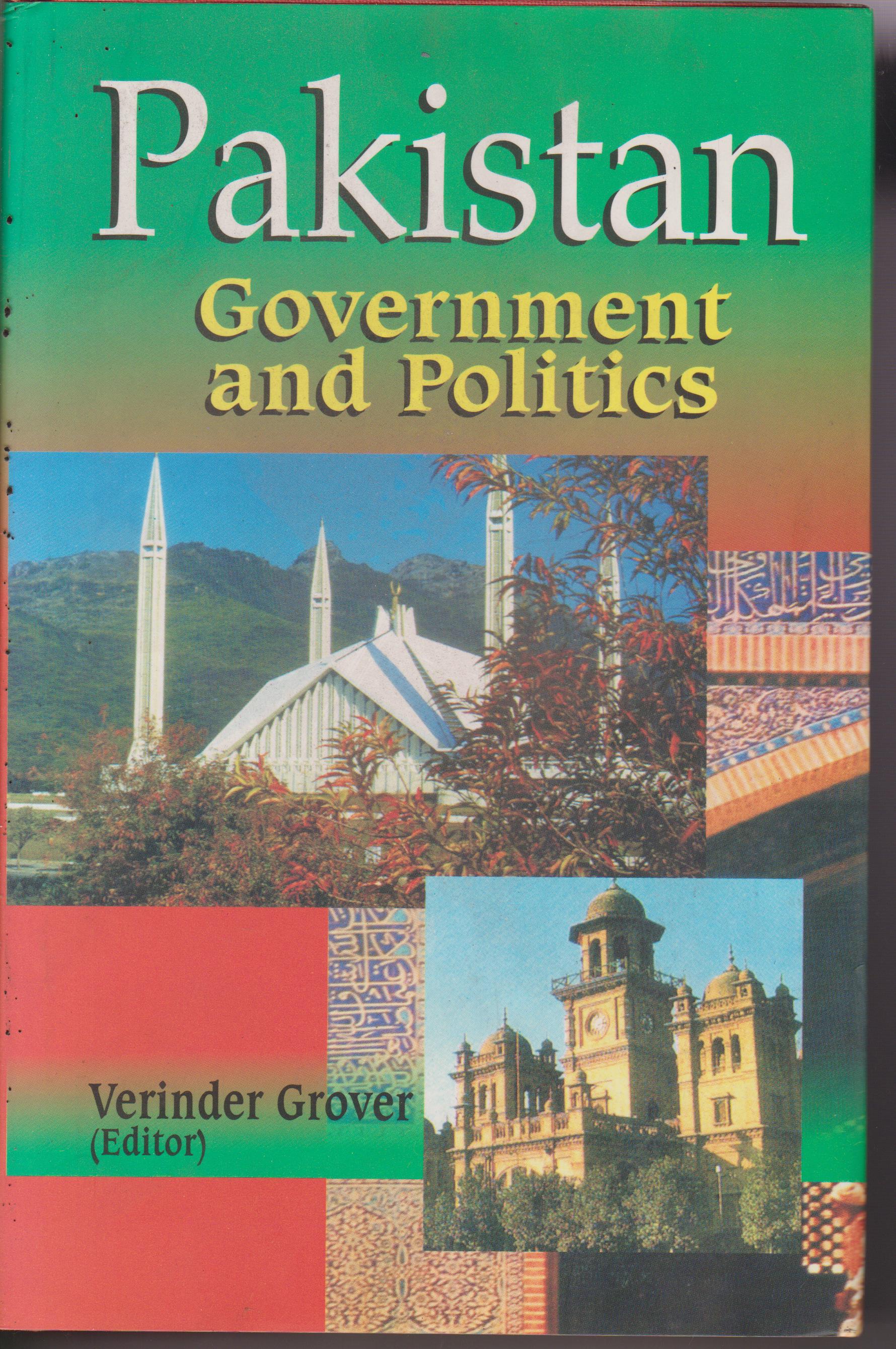
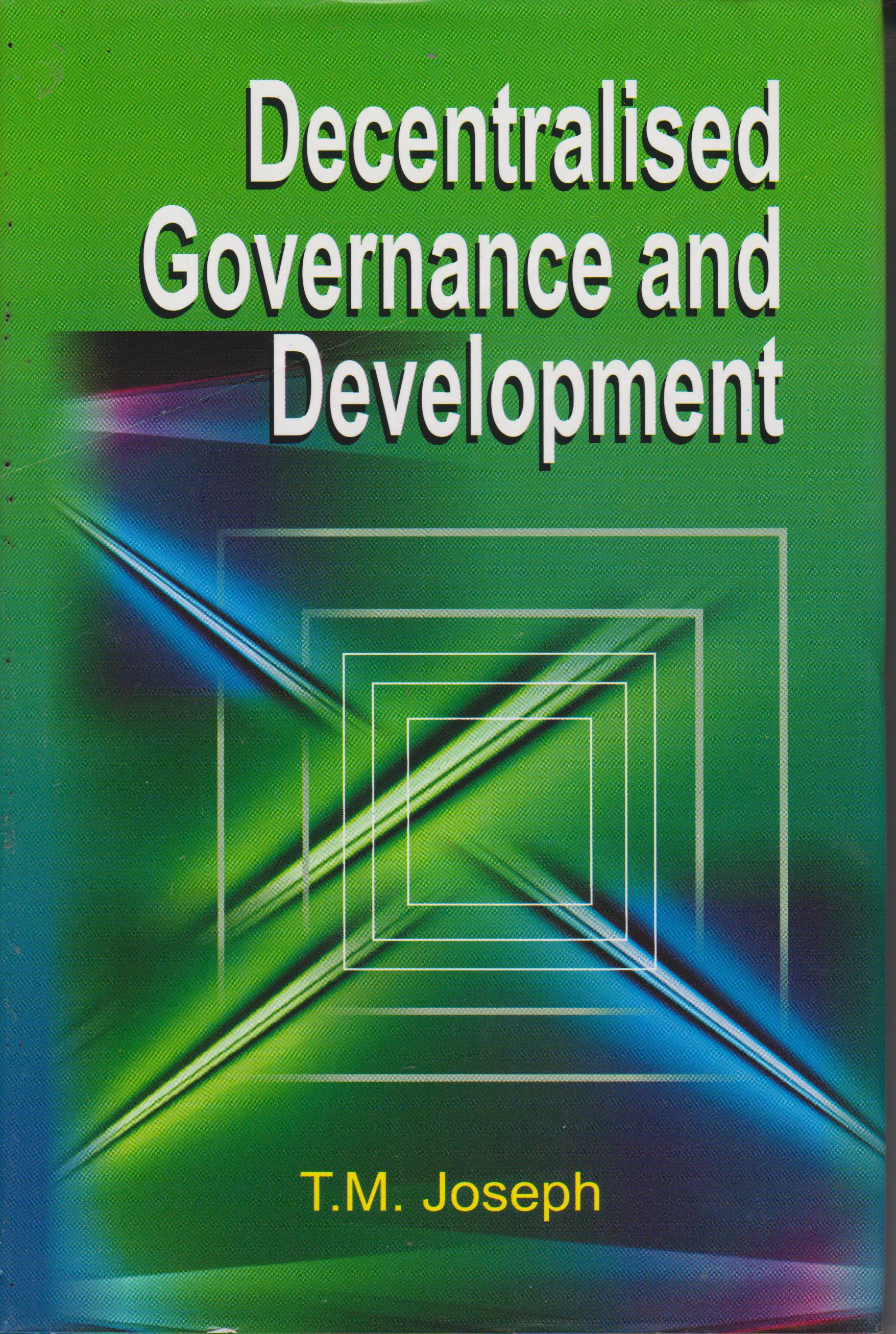

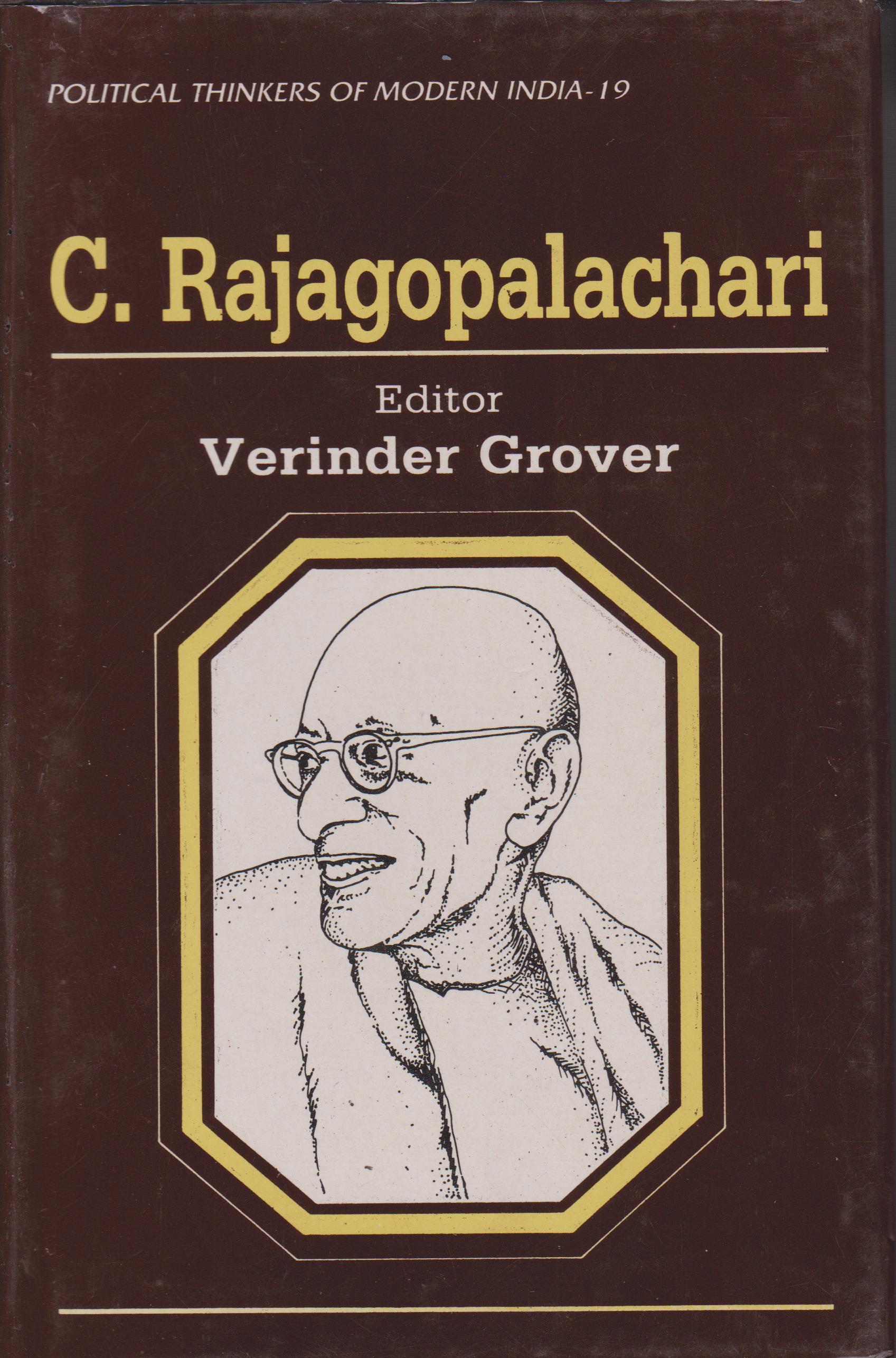
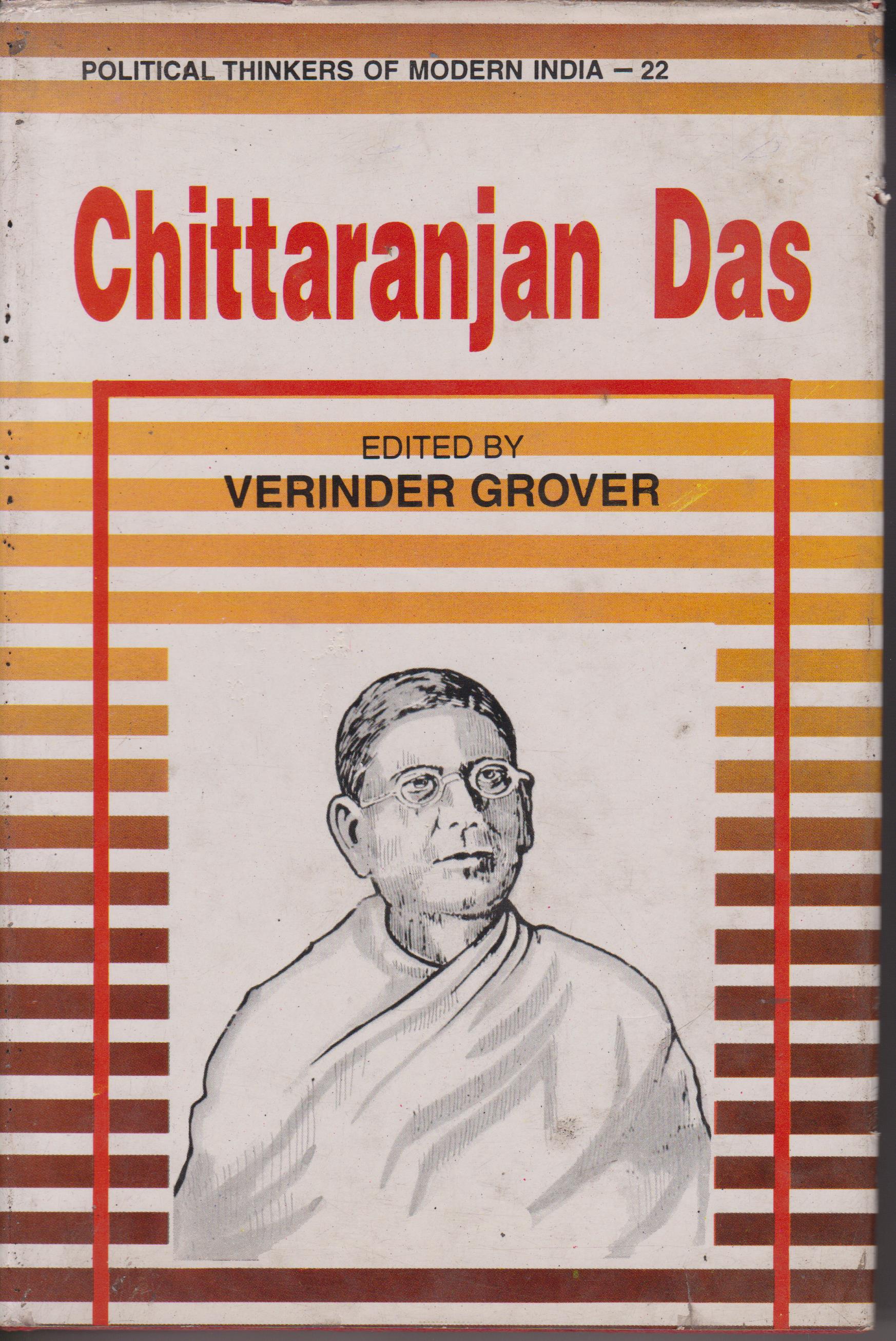
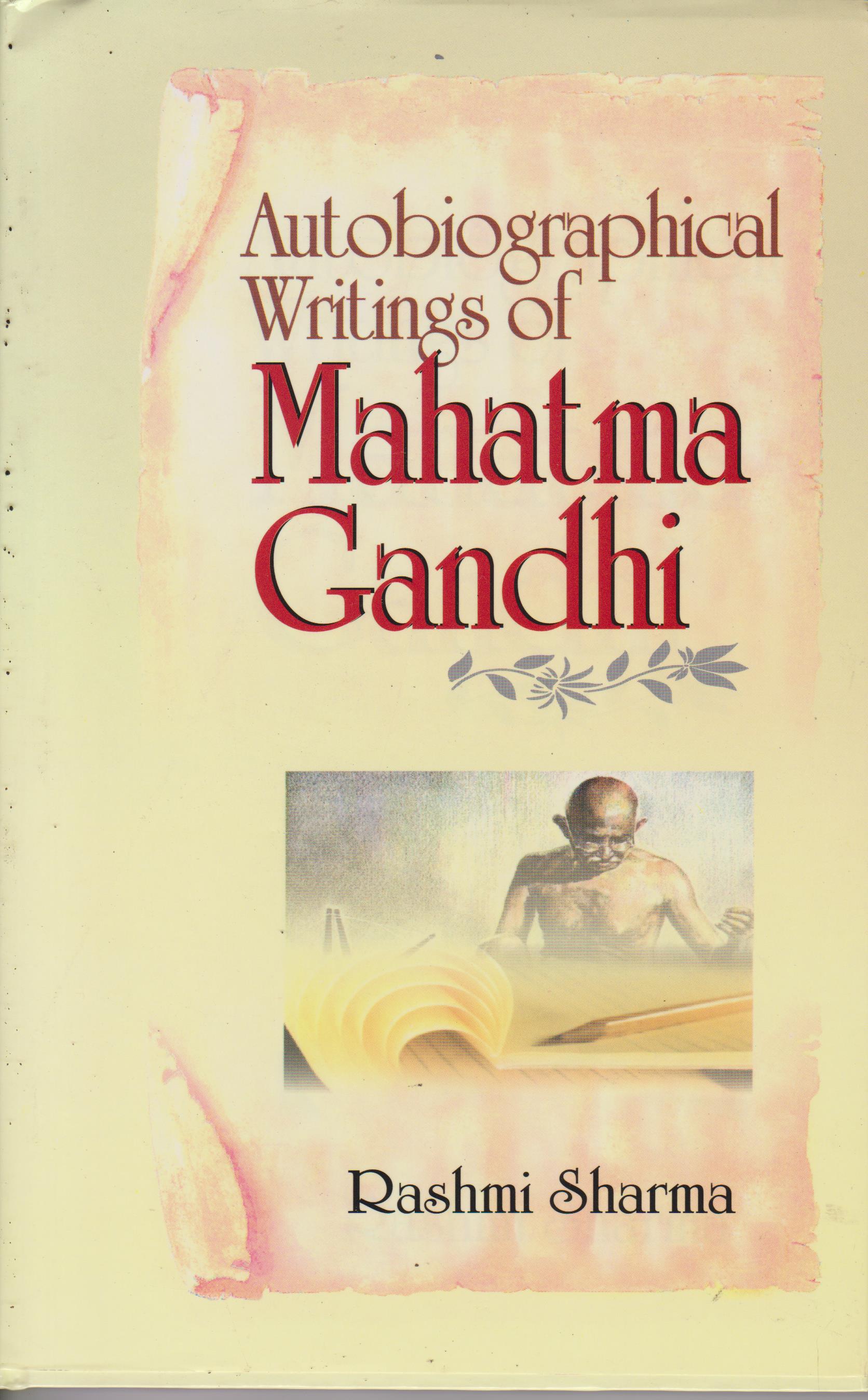

Reviews
There are no reviews yet.